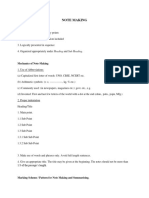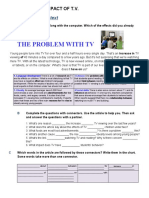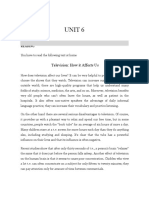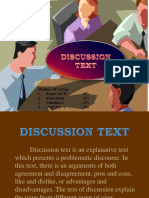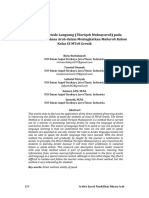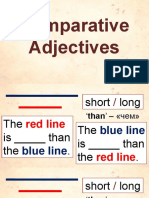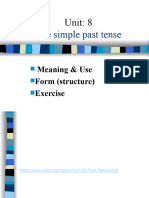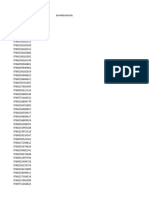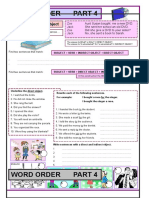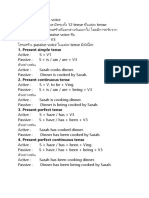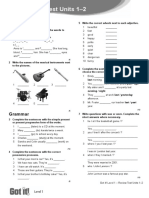0% found this document useful (0 votes)
27 views4 pagesNote Making Tricks
The document outlines a marking scheme for note-making and summarization, emphasizing the importance of structure, content, and the use of abbreviations. It provides steps for effective note-making, methods for condensing information, and a format for organizing notes. Additionally, it discusses the advantages and disadvantages of television, highlighting its impact on knowledge, language practice, concentration, and the normalization of violence.
Uploaded by
Shreyansh BarikCopyright
© © All Rights Reserved
We take content rights seriously. If you suspect this is your content, claim it here.
Available Formats
Download as DOCX, PDF, TXT or read online on Scribd
0% found this document useful (0 votes)
27 views4 pagesNote Making Tricks
The document outlines a marking scheme for note-making and summarization, emphasizing the importance of structure, content, and the use of abbreviations. It provides steps for effective note-making, methods for condensing information, and a format for organizing notes. Additionally, it discusses the advantages and disadvantages of television, highlighting its impact on knowledge, language practice, concentration, and the normalization of violence.
Uploaded by
Shreyansh BarikCopyright
© © All Rights Reserved
We take content rights seriously. If you suspect this is your content, claim it here.
Available Formats
Download as DOCX, PDF, TXT or read online on Scribd
/ 4










